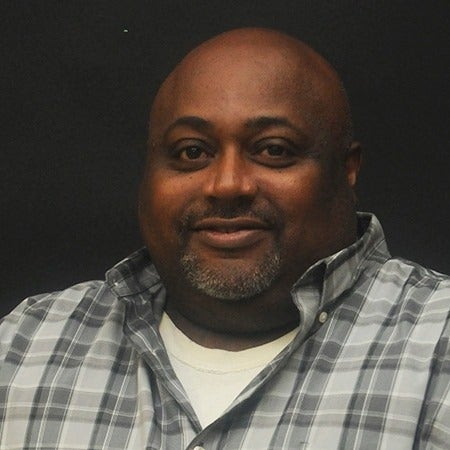Open the lines of communication
Published 9:01 pm Thursday, October 13, 2011
Shots fired. We hear it all the time on the police scanner. We’ve almost become numb to this all-too-common call across the airwaves.
More times than not, it’s a call we simply shrug off until we’ve heard that one of the shots has connected.
We get entirely too many calls for each in a city this size, or any size for that matter.
So, what is the solution? I don’t know. But with all of the blame that is thrown around every time there is an incident, you would think we’d have it whipped by now.
Some blame city leadership, but the last time I checked our city council members weren’t peddling drugs and guns on the street.
Some blame a lack of presence from law enforcement. But, believe me, our officers are earning their money and then some. They are as present as they can possibly be operating with the thin numbers they have available.
Others blame the educational system. But, there are thousands of success stories coming out of our schools every year.
In reality, the biggest problem in our city is the unrecognized potential we have that ends up in our jails and juvenile detention centers.
Every one has a skill or a gift. Everyone has their niche. The challenge is discovering that niche. Many people are artistic, skilled with their hands, or have above-average problem solving skills.
Sadly, many of the skills employed by our criminals to commit the acts that land them in jail could also make them successful in the working world.
When Baron Huber spoke to the quarterback club Monday night, a member of the audience asked him what we can do in Selma to help young people achieve their goals.
His answer was simple, talk to them.
It seems simple enough, and this method can be very effective. Many young people who end up in jail are loners. No one has ever taken an interest in them, unless they are recruiting them for a gang.
I would like to challenge all of our teachers, youth coaches, and ordinary citizens to open up the lines of communication with our young people and find out what makes them tick. It could make all the difference in the world in someone’s life.



